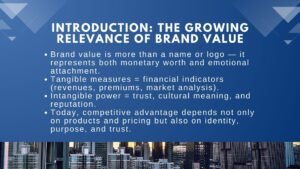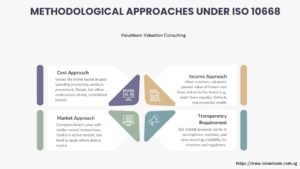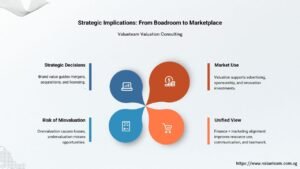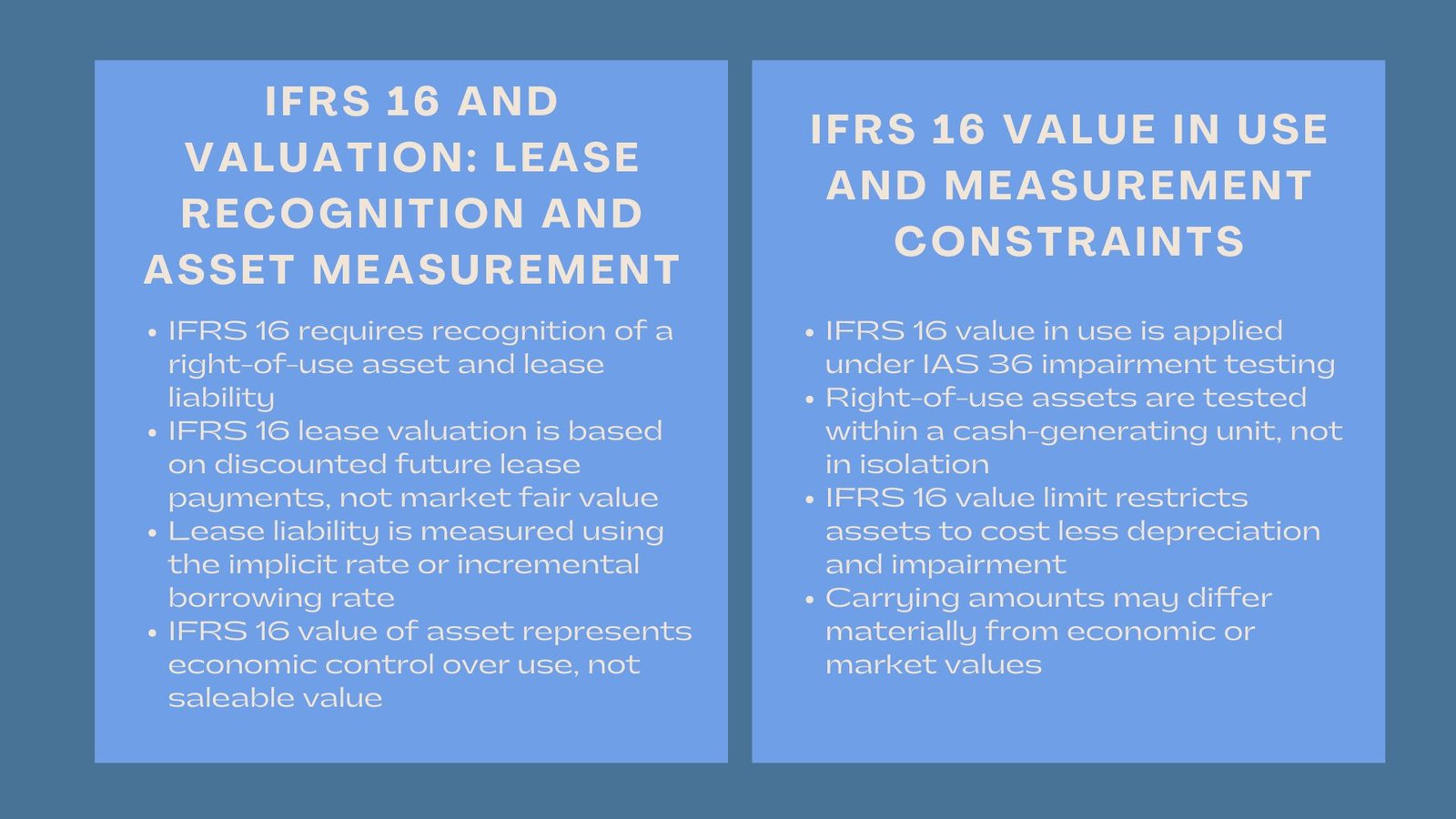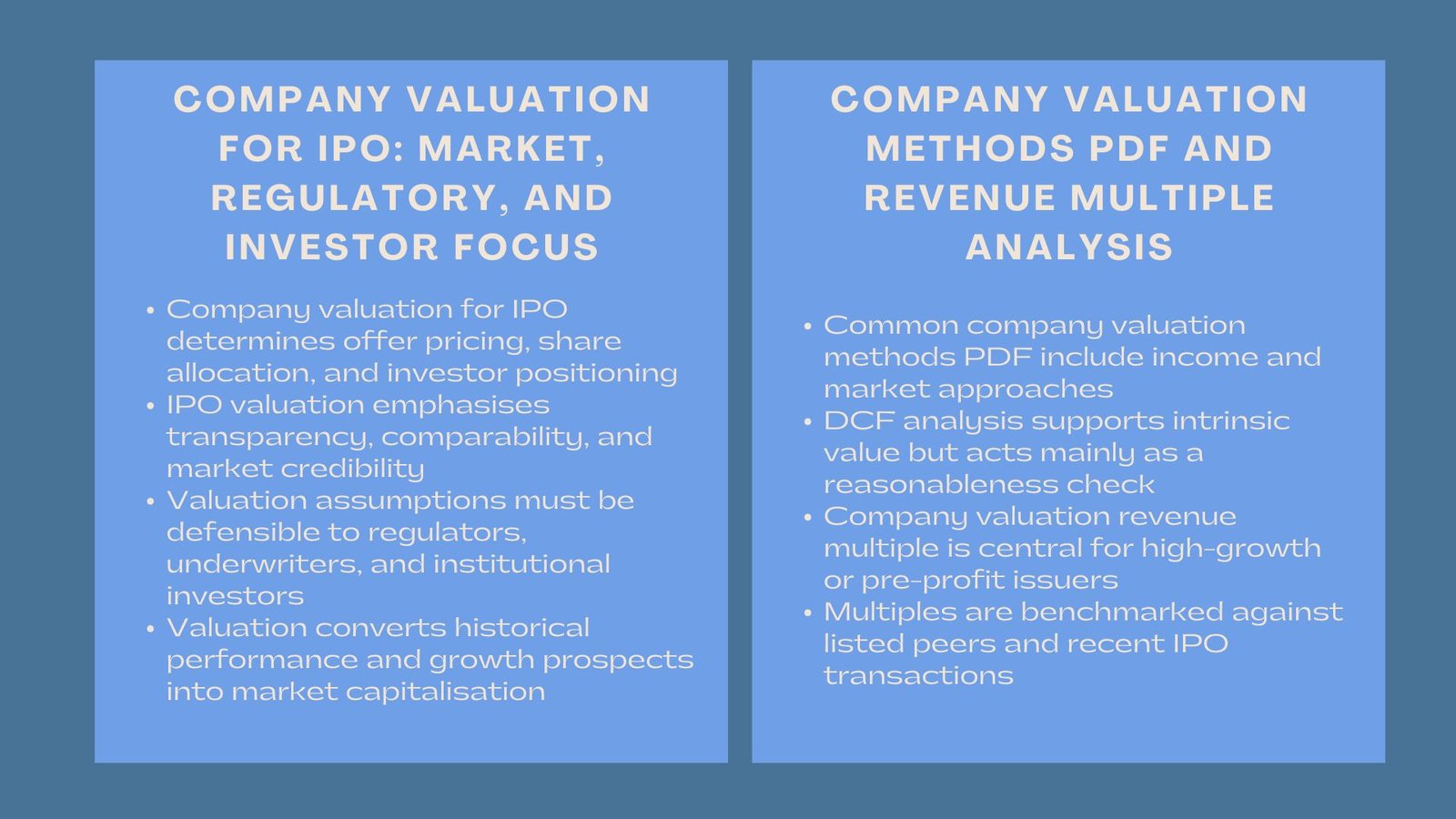
Amazing International Standards and Transparency in Brand Valuation
Amazing International Standards and Transparency in Brand Valuation
Introduction: The Growing Importance of Brand Valuation
In today’s global economy, brands are among the most valuable intangible assets. From consumer goods to brand valuation services Singapore, companies rely on brand strengths for competitiveness and long-term success. With growing recognition of brand value as a key business metrics, clear and consistent valuation methods are essential. International standards have emerged to ensure credibility, transparency, and comparability, addressing concerns of bias and inconsistency in brand valuation.
The Need for Standardization in Brand Valuation
Brand valuation has long lacked consistency, with companies using varied and opaque methods. This made comparisons unreliable, especially across industries and borders. As brand value gained importance in M&A, financial reporting, and litigation, the demand for standardized and transparent approaches grew. International standards provide a unified framework that combines financial discipline with market relevance, ensuring accountability and comparability.

ISO 10668: Setting the Benchmark for Brand Valuation
Introduced in 2010, ISO 10668 sets global standards for brand valuation, focusing on legal, behavioral, and financial aspects. It ensures brands are valued not just by economic impact, but also by consumer perception and IP rights. ISO 10668 emphasizes transparency—requiring disclosure of methods, assumptions, and data—to improve trust and reliability in valuation outcomes.
Transparency: Building Trust in Brand Valuation
Transparency is crucial to building credibility in brand valuation. Clear disclosure of methods and assumptions helps prevent manipulation and promotes trust among investors, regulators, and internal decision-makers. It also reduces uncertainty in accurate M&A valuation for private companies and supports strategic decisions by revealing what drives brand value. Without transparency, even sophisticated valuations lose legitimacy.
International Adoption and Regulatory Influence
Adoption of ISO 10668 varies globally—faster in Europe, slower elsewhere. However, rising investor expectations and regulatory demands are accelerating global uptake. As intangible assets gain prominence in advanced financial reporting and analysis Singapore , regulators and investors are pushing for consistent trusted company valuation consultants Singapore standards. Cross-border investments especially benefit from comparable, transparent brand valuations.
Challenges in Implementing International Standards
Despite the benefits, implementation poses challenges. Complying with ISO 10668 requires multi-disciplinary expertise, which can be costly—especially for smaller firms. Cultural and market differences also complicate standardization. Additionally, companies may hesitate to fully disclose methodologies due to competitive concerns. Balancing transparency with competitive interests remains a key issue.
The Future of Brand Valuation in a Globalized Economy
As intangible assets grow in value—driven by digitalization, social media, and sustainability—brand valuation must evolve. Future models may account for online reputation and ESG factors. Global standards will become even more essential for credible and comparable valuations. Regulatory and investor pressures will push brand valuation to become a core part of business practice and reporting.
Conclusion: Standards and Transparency as Cornerstones of Trust
The international benchmarks and the need to do things transparently have rendered brand valuation exercise as legitimate business science. The ISO 10668 framework offers the basis of consistency, comparability, and accountability, whereas transparency facilitates trust between the stakeholders by making valuations subject to review.
Despite some obstacles that still have to be overcome, such as implementation fees as well as maintaining an appropriate level between increasing transparency and the interests of competition, the aim of making this a worldwide practice is becoming evident. The reliability of brand valuation is being seen as a strategic imperative by regulators, as well as by companies and investors, in the wake of the increasing sophistication of brand valuation analyses.
In a corporate world where intangible assets make up the majority of corporate value, international standards and transparency are the building blocks that enable brand valuation to fulfil its potential: increase the sense of confidence in the estimates, and make recommendations useful by providing insight that investors and the business can act upon to realise strategic, governance, and growth objectives. As business continues to spread in the world these principles are only going to be added to as brands are becoming both cultures and financial giants.


